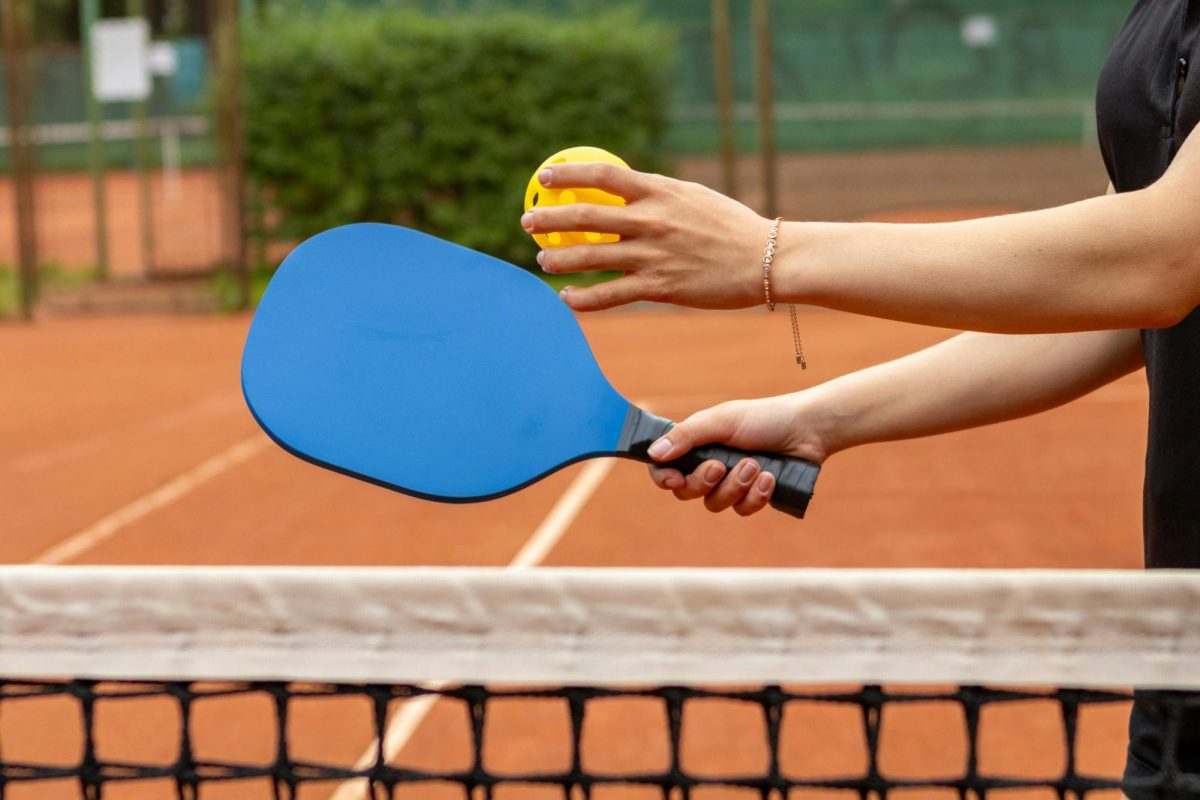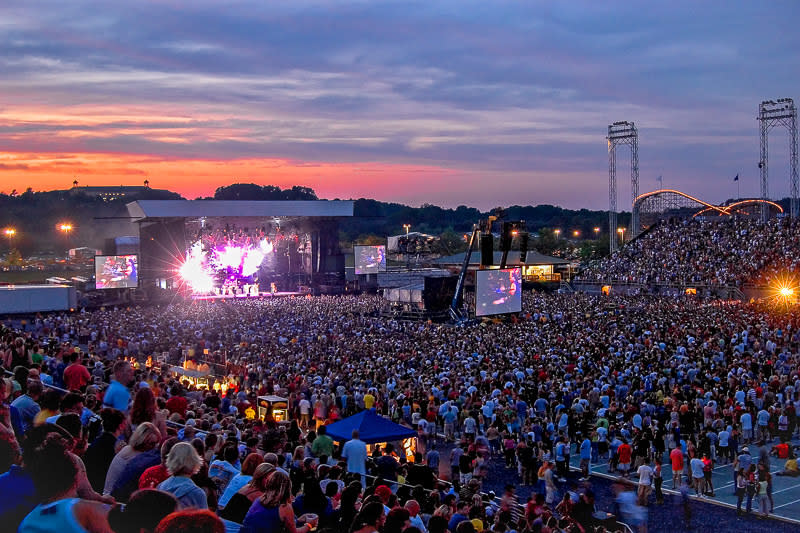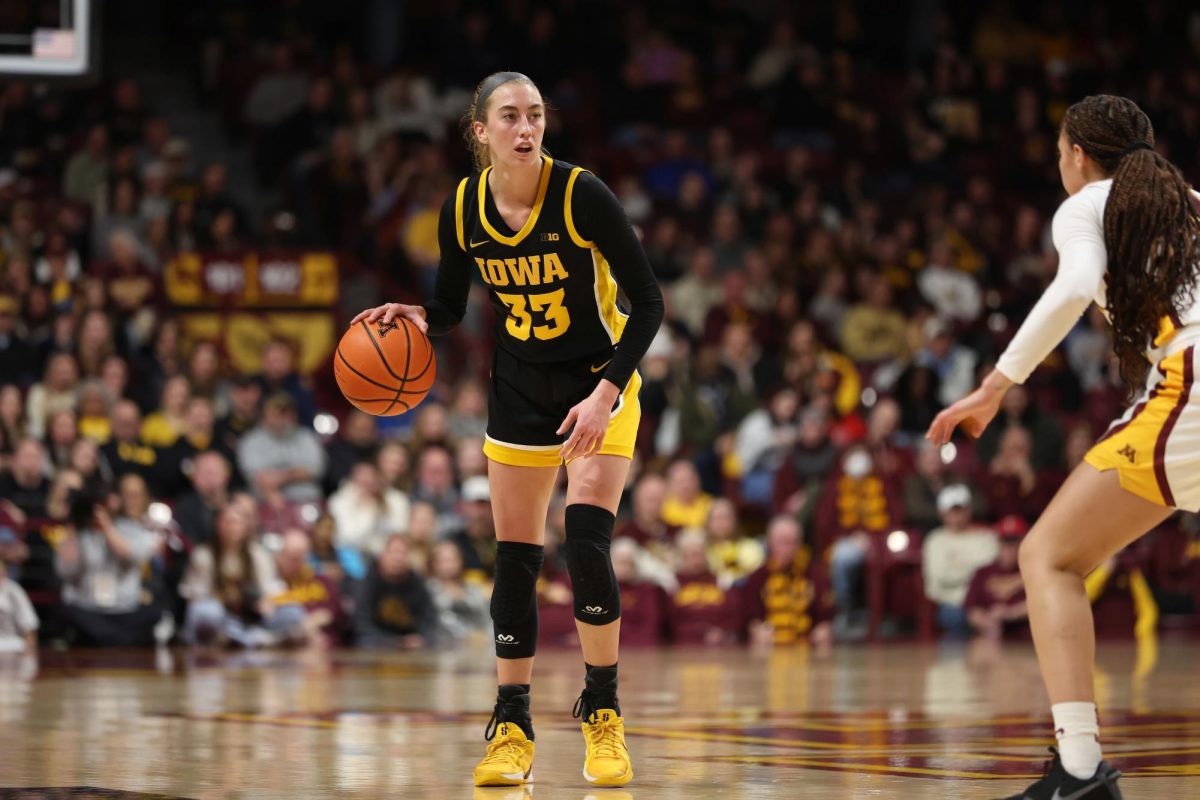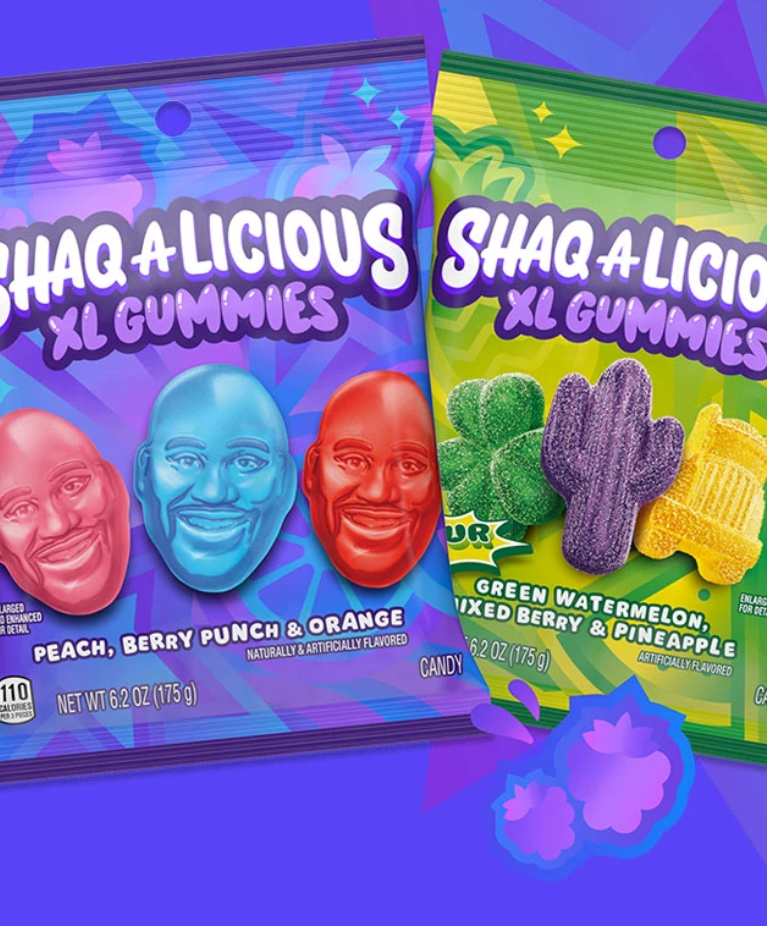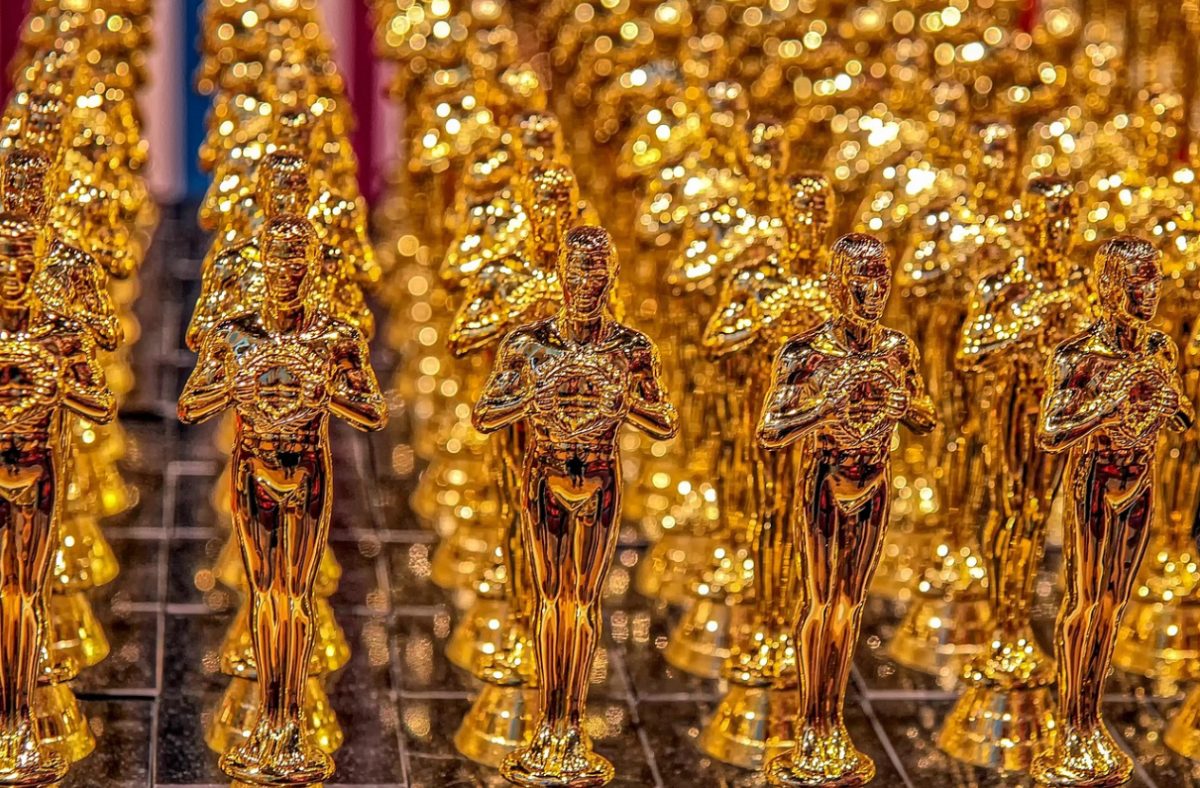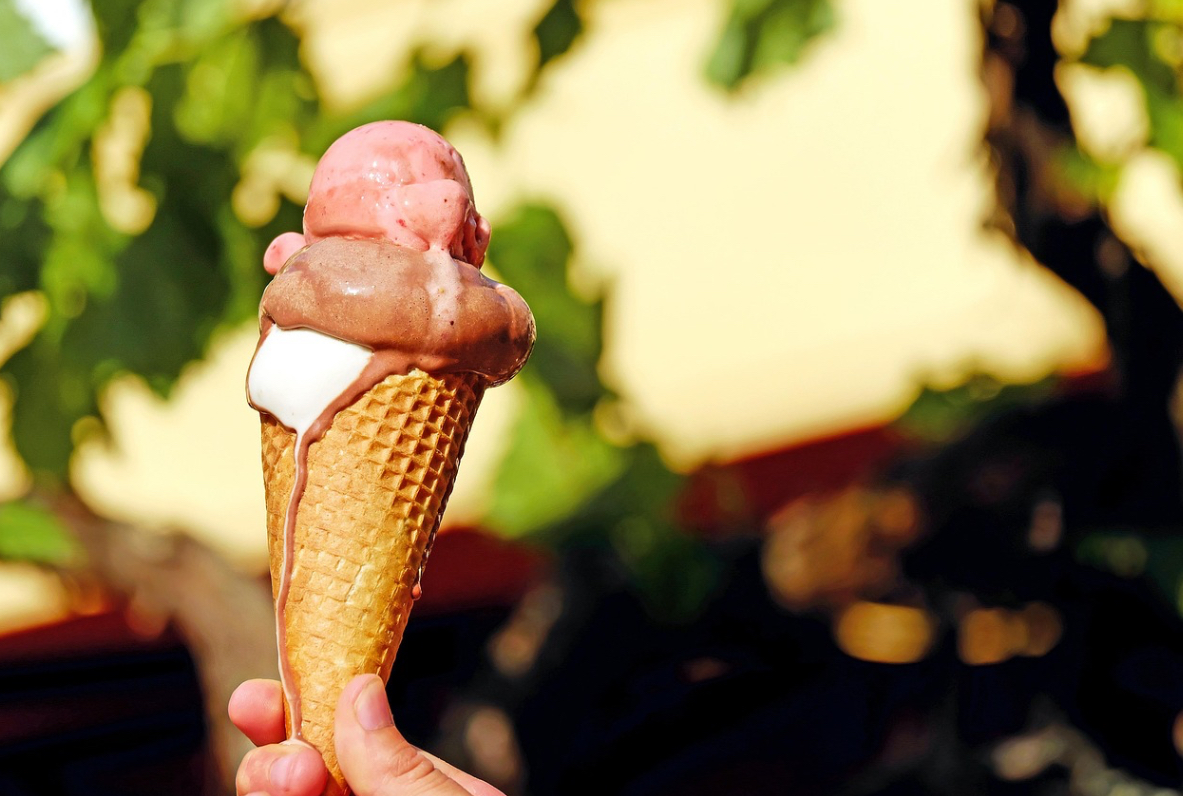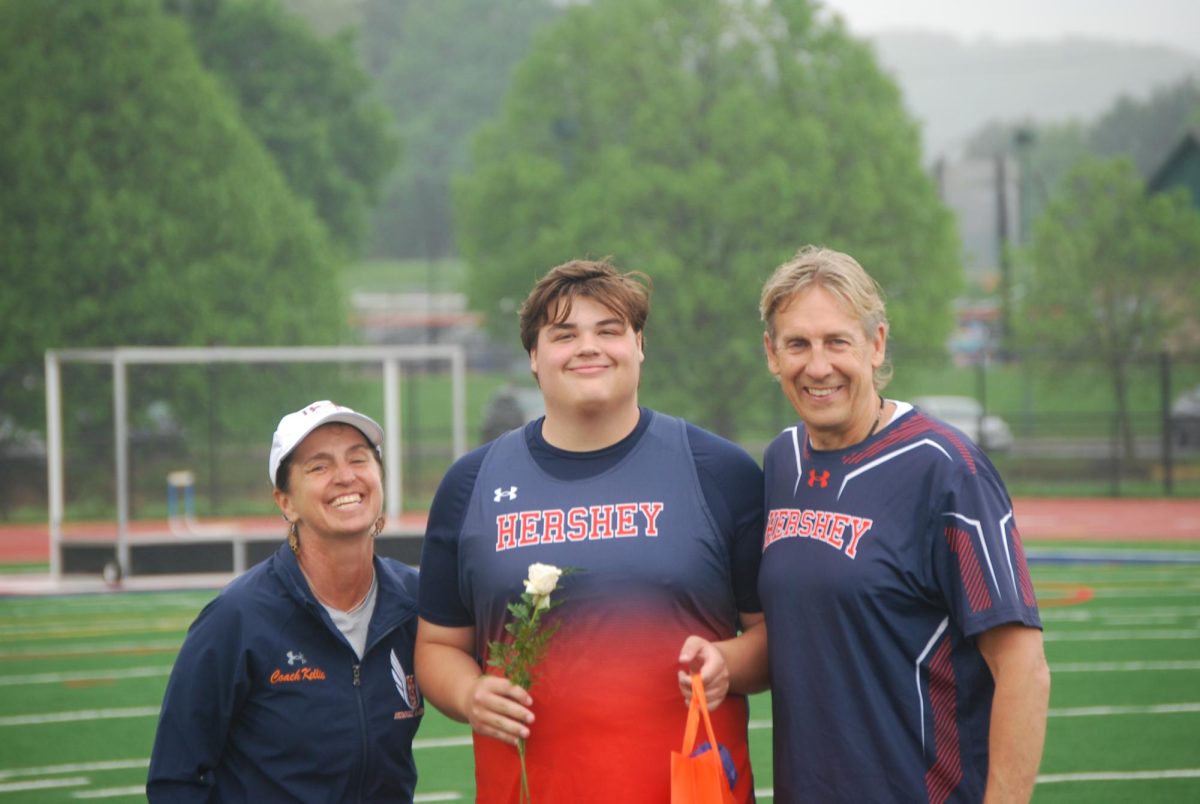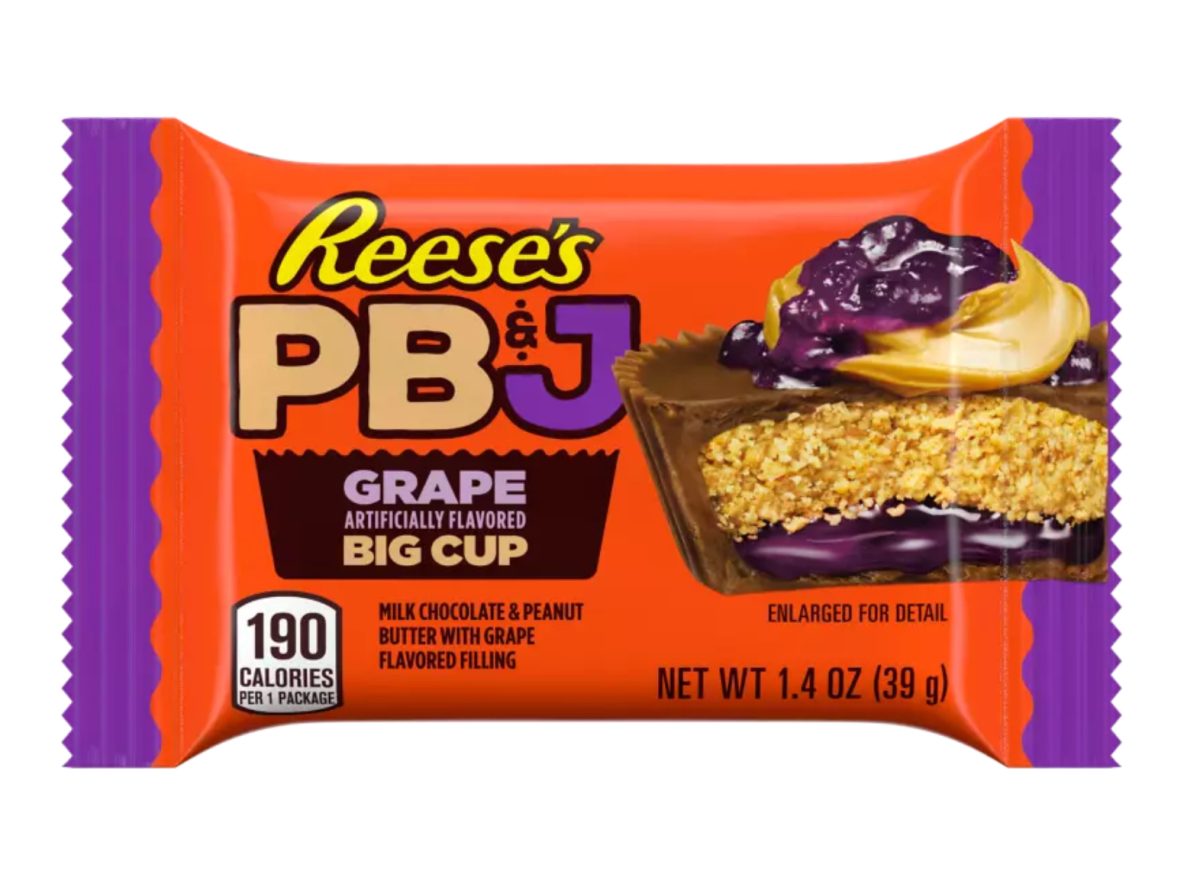By: Sam Allery, Journalism 1 Student
Edited by Lynn Dang, Hershey Section Editor
Hershey-You walk into the room. You see people joyfully giggling, a trailer on the laptop, and an intense debate about science-fiction combat. Is this what you would call college material?
These giggles, trailers, and debates are what you would find if you entered room E220 every other Thursday at 7:10 am, when the HHS Superhero Club meets. Even though many people may not call this an extracurricular activity that colleges like to see, many members think it is a productive activity. The club’s advisor and its members have contrasting opinions about club effectiveness.
It is a question that high school students ask themselves when applying for colleges. “Do I have enough extracurriculars to be accepted?” Well, according to the Huffington Post, colleges prefer quality over quantity when looking at the extracurriculars that a student has done. In other words, they prefer a student to do three or four clubs very seriously more than a student that does ten or twelve clubs but isn’t as passionate about them.
However, students don’t know if every club will help them with getting into colleges. The HHS Superhero club is one of these clubs according to HHS students. It isn’t as clear to people if this club is a good extracurricular as it is with Youth and Government.
While some clubs try to give back to the community or educate their members on a new topic, this club’s activities include watching trailers, reading comic books, and discussing science fictional topics of interest.
The advisor of the club, Daniel Fornataro, believes that students will definitely put this club on their applications.
“I guess they [colleges] would just be interested in seeing that students have outside interests. They’re not just interested in their academics and their school work,” said Fornataro.
The club has also done debating during meetings, and Fornataro knows that this skill is one that many students will need in life. The club also provides an excellent social environment for underclassmen to discuss with the other grade levels. According to club member Matt Davis, HHS freshman, the club is a great environment to talk with friends and even meet new people.
Fornataro believes the Superhero club is a good thing for college applications. “It may not seem like that,” he said, “but I think [it is good] because you get to interact with other people.”
Even though there are those that have witnessed this club up close, there are people that would say that it isn’t a club colleges want to see on an application. Though Davis might now believe that the social interaction makes this a great club; however, he said that at the beginning of the year, he didn’t think the club was good for college applications at the beginning of the year.
Davis is also planning on joining another club in the future that would be a good extracurricular for colleges because he wants to get into a good college. He thinks that doing YAG (Youth and Government) or Speech and Debate would be activities that colleges want to see.
The Superhero Club was not created for an educational purpose or volunteering. According to Fornataro, the club was made last May by a group of HHS students that are passionate about superheroes. Whether this passion makes this club a good club for colleges is up for discussion.
Davis stated that other clubs are “more productive,” and some people could look at this club and think “what could you possibly do in that,” because it’s not one of the bigger clubs.
Just as the reasons on this topic of whether the club is good for colleges are mixed, so are the opinions of the members.
There are approximately 15 members in the HHS superhero club, and this number often grows. Their passion for this club can be felt when the club takes place. But their feelings about the topic of this club’s “ability” to get a student into college are indeed mixed.
More than half of the 13 students surveyed said it was a good extra curricular for colleges in mind. However, eight of the 13 club members surveyed joined another club for a more productive purpose or for college.
Most of the members believe that the club’s superhero versus superhero debates make it a good club for colleges. Fornataro has a similar opinion on the topic.
“Oh, definitely,” said Fornataro enthusiastically, “because they have debate clubs and debates are usually part of the skills that you do in an English course.”
While Fornataro thinks that just doing an activity outside of school shows colleges that students have interests outside of the classroom, some of the students believe that making friends is more important in this club.
Davis’s opinion, however, is different from all other members.
“Maybe a little bit of both because I think that [the uniqueness of the club] sparks their interests because it’s not a club you see everyday, and it might make them confused because…they might think it’s just not productive.”
However, of all the questions asked, the members agree most on what the most important things in a club are: fun and a good social environment.
Those same members also agree that making friends in a club is more important than it helping get into college, even if they might leave these very friends for college after high school.
“It’s interesting seeing students in that setting,” said Fornataro, “when it’s not in my class. It’s not about how to factor a polynomial in math, it’s about some neat social things that you can talk about that are fun and exciting.”

